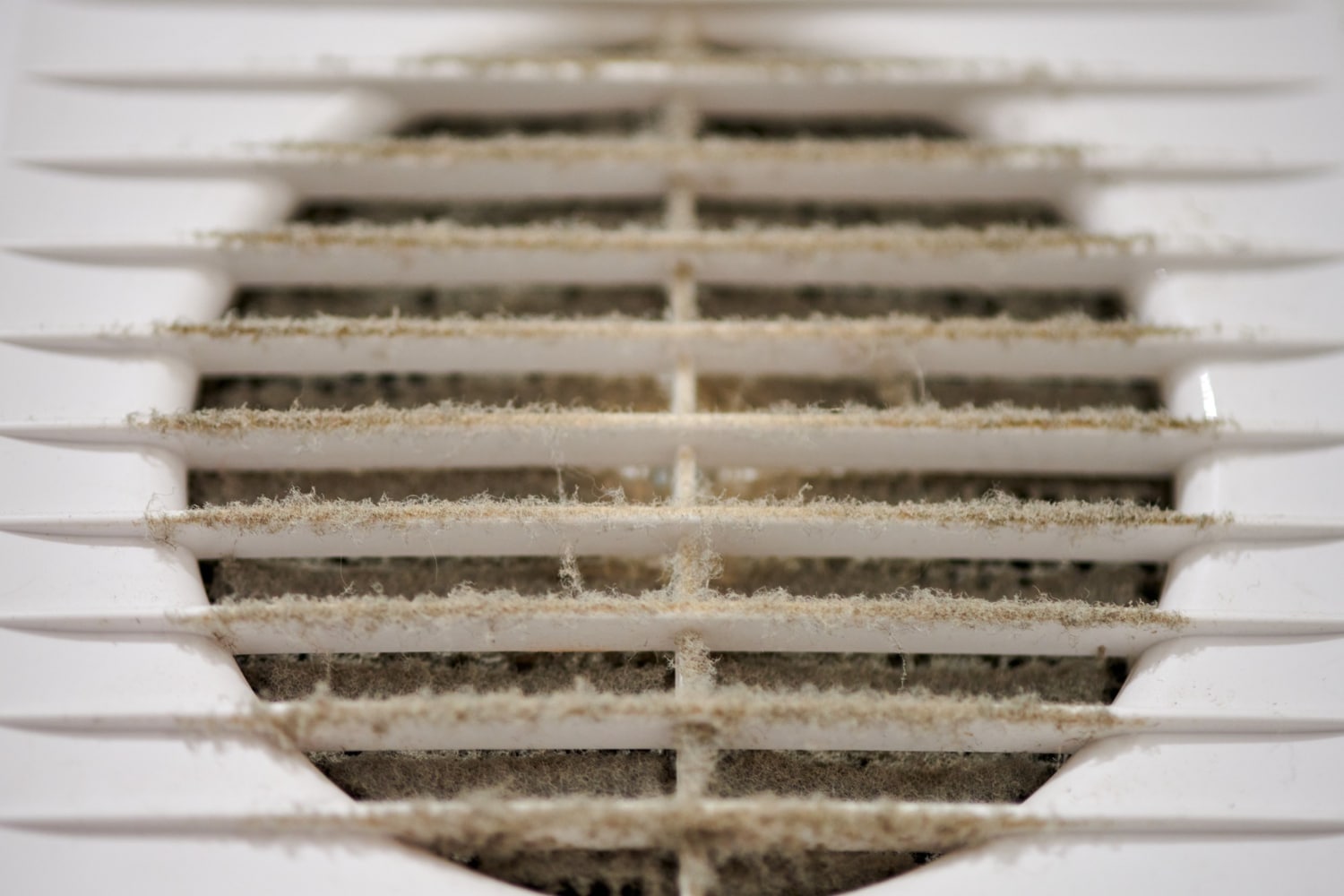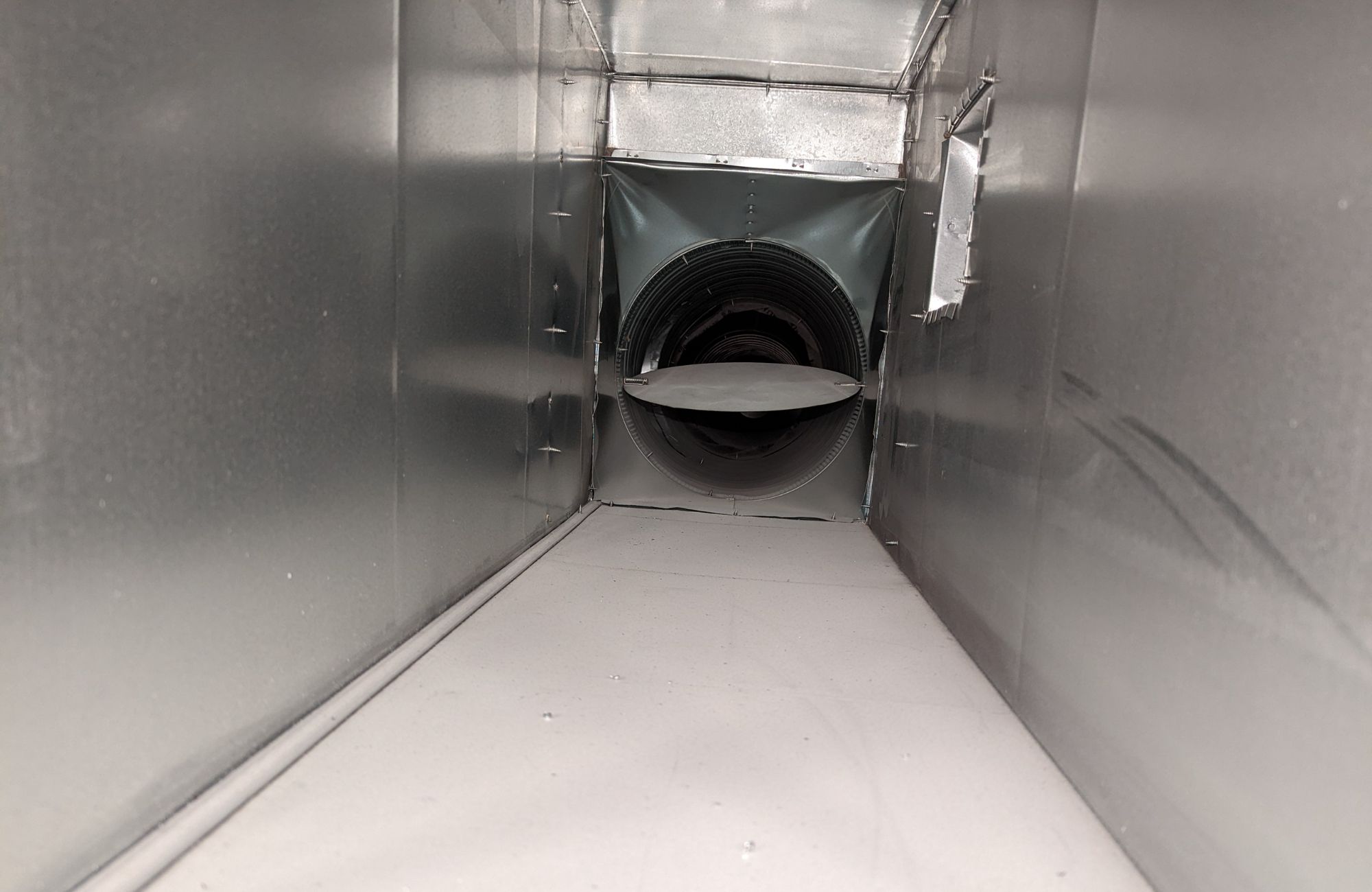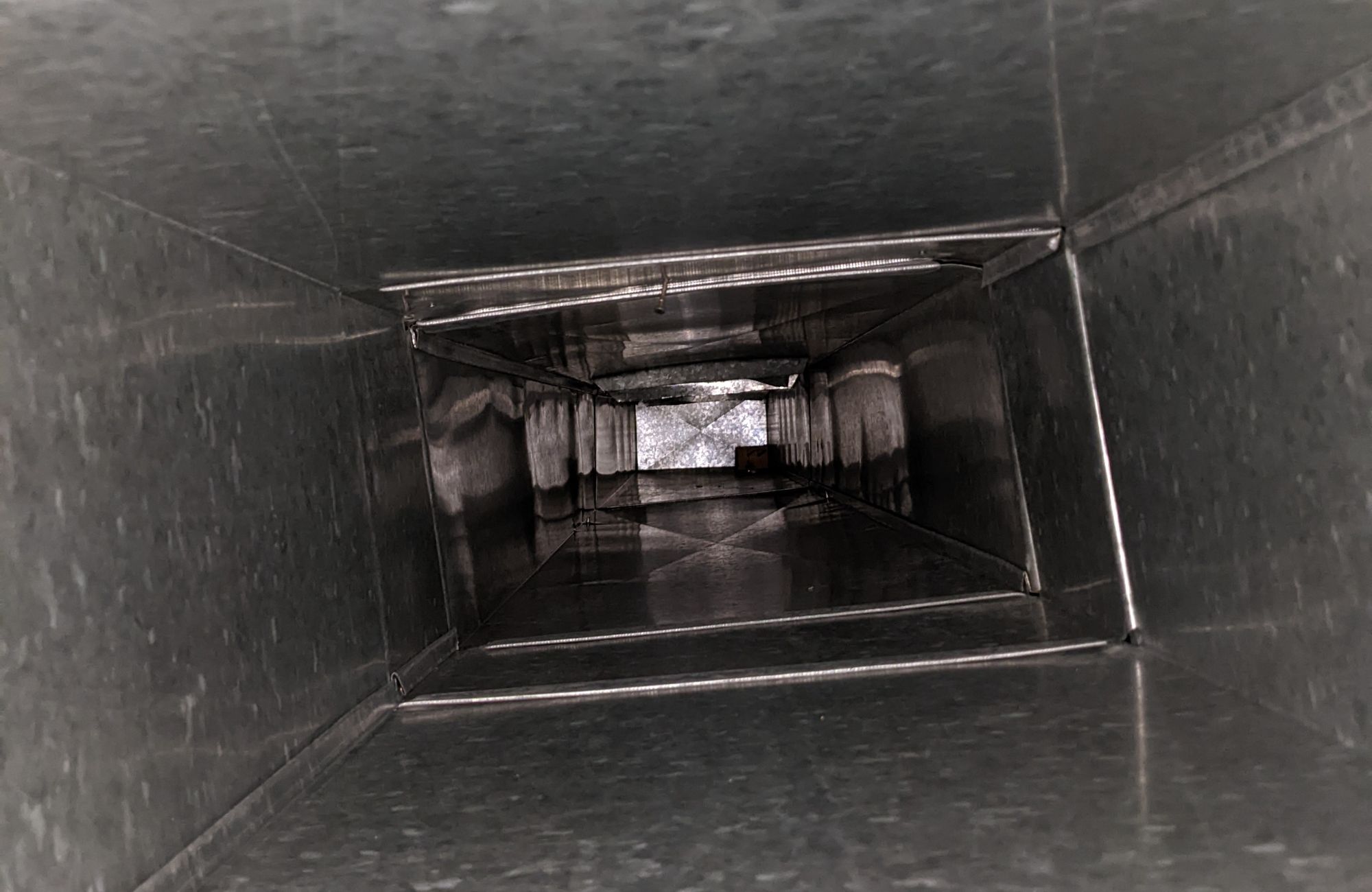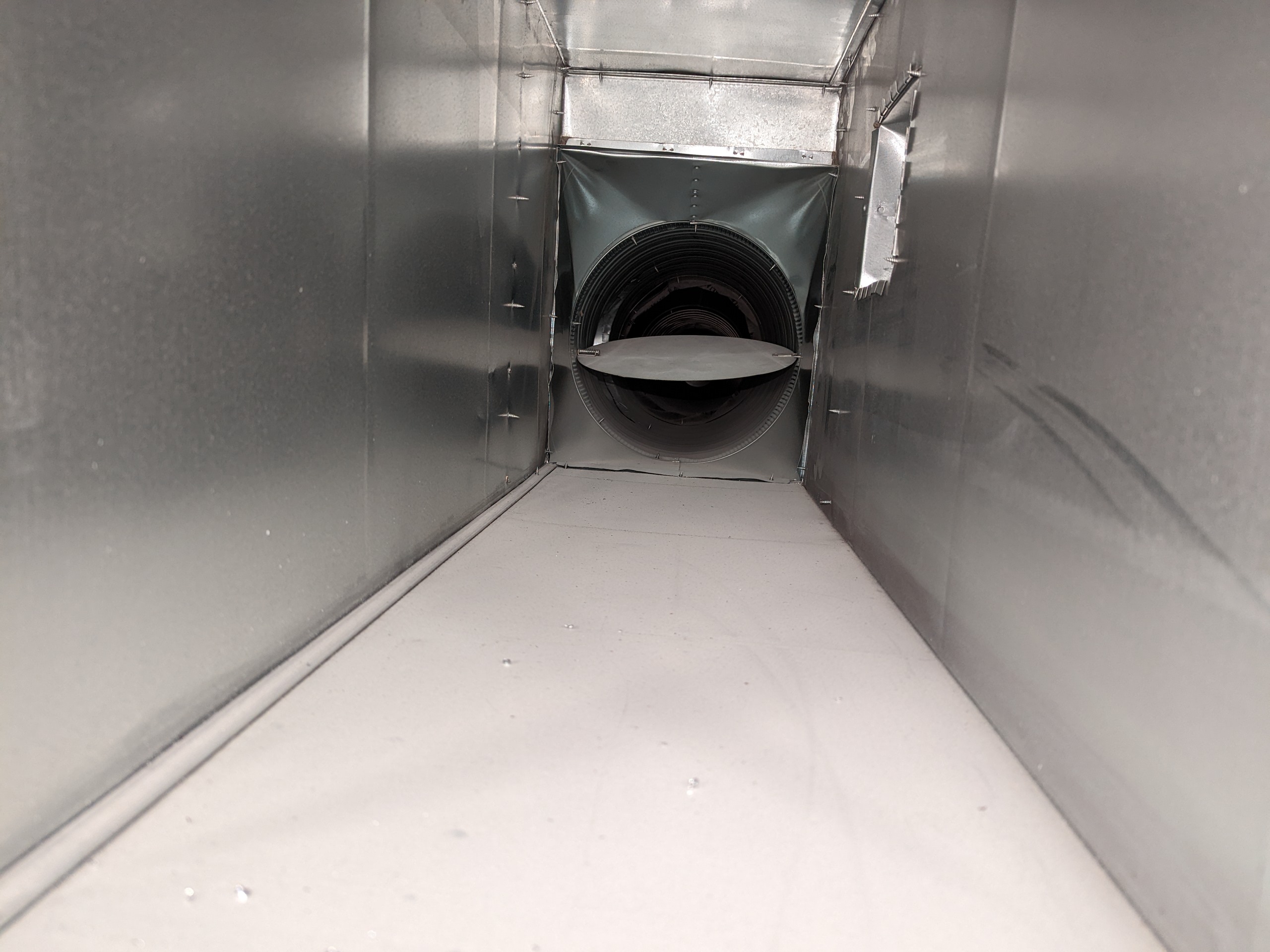When it comes to optimizing the performance of your HVAC (Heating, Ventilation, and Air Conditioning) system, regular cleaning plays a vital role. HVAC system maintenance is often overlooked, yet it holds the key to boosting efficiency and extending the lifespan of your equipment. In this blog post, we will delve into the importance of HVAC system maintenance, discuss how cleaning impacts efficiency, highlight common contaminants, and provide essential maintenance tips.
Importance of HVAC System Maintenance
Maintaining your HVAC system is crucial for several reasons. Firstly, regular maintenance ensures that your system operates at peak efficiency, resulting in energy savings and lower utility bills. Secondly, it helps maintain good indoor air quality, preventing respiratory issues and allergies. Lastly, proper maintenance extends the lifespan of your HVAC system, saving you from expensive repairs or premature replacements.
Understanding the Efficiency of HVAC Systems
Efficiency is a key factor in HVAC systems. It refers to how effectively the system converts energy (electricity or fuel) into heating or cooling. Higher efficiency means less wasted energy and lower operating costs. Regular cleaning significantly contributes to maintaining optimal efficiency levels.
The Role of Cleaning in Improving HVAC System Efficiency
Cleaning your HVAC system removes dirt, dust, debris, and other contaminants that accumulate over time. These contaminants hinder airflow, forcing your system to work harder to achieve the desired temperature. By cleaning the system, you improve airflow, reduce strain on components, and enhance overall efficiency.
Common Contaminants in HVAC Systems
HVAC systems are prone to collecting various contaminants. Dust, pollen, pet dander, mold spores, and even insect remains can accumulate in air ducts, filters, and other components. These contaminants not only reduce efficiency but also pose health risks to occupants. Regular cleaning helps eliminate these pollutants, ensuring a cleaner and healthier indoor environment.
Common Issues Caused by a Dirty HVAC System
A dirty HVAC system can lead to several issues. Reduced airflow, increased energy consumption, uneven heating or cooling, and premature equipment failure are some of the common problems caused by neglecting maintenance. Regular cleaning addresses these issues, improving performance and preventing costly repairs.
Steps Professionals Take for Cleaning Your HVAC System
Professional HVAC cleaning involves a systematic approach to ensure thorough cleaning. The process typically includes the following steps:
- Inspection: Professionals assess the condition of the system, identifying areas that require attention.
- Air Duct Cleaning: Specialized tools and techniques are used to remove dirt and debris from the air ducts.
- Filter Replacement: Dirty filters are replaced with clean ones to improve airflow and air quality.
- Coil Cleaning: The evaporator and condenser coils are cleaned to remove dirt and improve heat transfer efficiency.
- Blower Cleaning: The blower assembly is cleaned to enhance airflow and prevent motor strain.
- Drainage System Maintenance: Drain pans and condensate drains are inspected and cleaned to prevent water buildup and mold growth.
- System Testing: After cleaning, professionals test the system to ensure proper functionality.
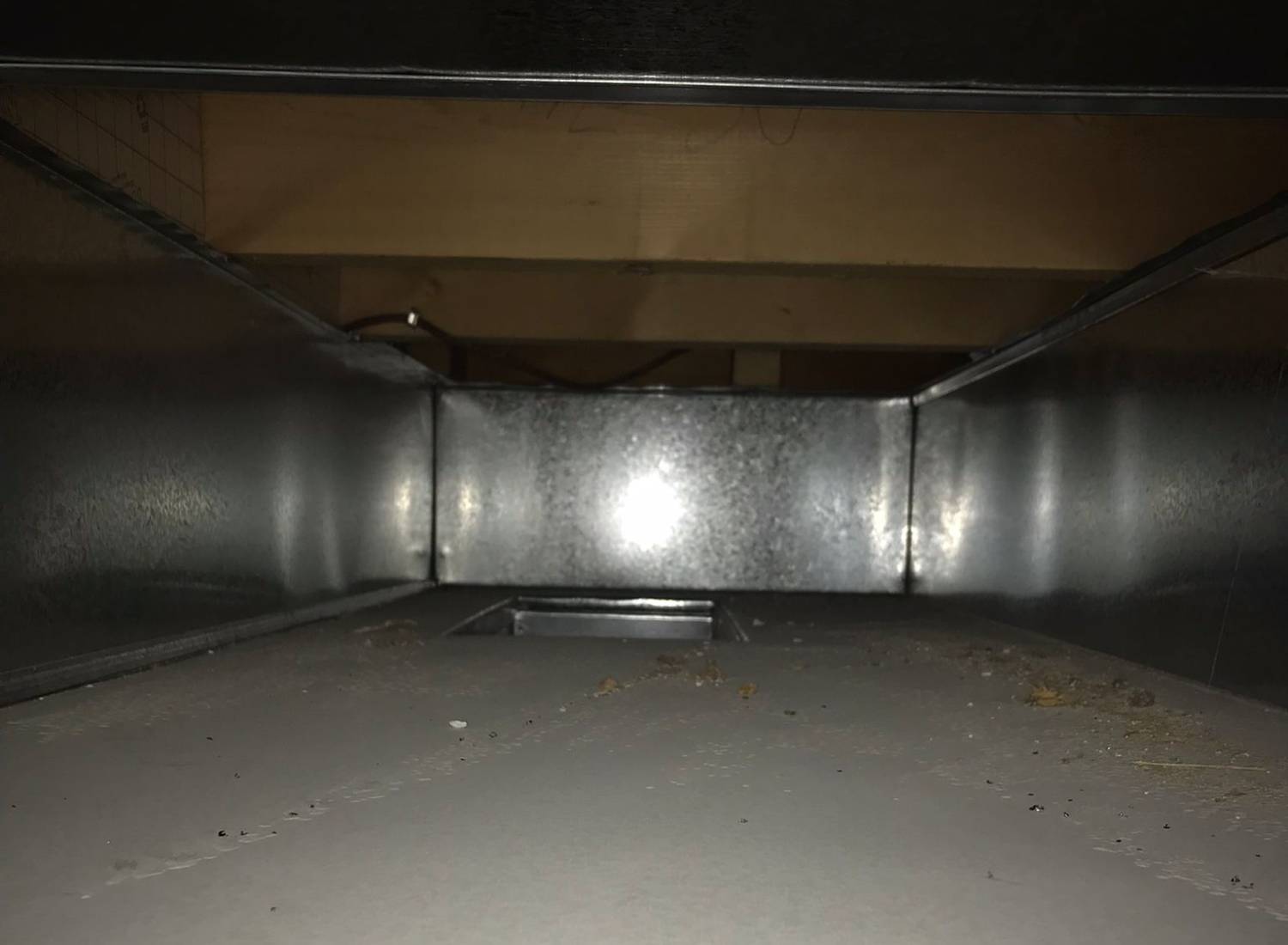
Tools and Equipment Used for HVAC System Cleaning by Professionals
Professional HVAC cleaners use specialized tools and equipment to achieve optimal cleaning results. These may include:
- High-powered vacuums and blowers for effective dust and debris removal.
- Brushes and rotary cleaning tools to clean air ducts and remove stubborn buildup.
- Coil cleaning solutions to dissolve dirt and grime from evaporator and condenser coils.
- Inspection cameras for thorough examination of hard-to-reach areas.
- Personal protective equipment (PPE) to ensure the safety of technicians during the cleaning process.
Precautions and Safety Measures During HVAC System Cleaning
Safety should always be a top priority during HVAC system cleaning. Professionals take several precautions, such as:
- Wearing appropriate PPE, including masks, gloves, and goggles, to protect against dust and chemicals.
- Shutting off the power to the system to prevent accidental activation during cleaning.
- Properly securing and sealing access panels and ductwork to prevent contaminants from spreading.
- Following manufacturer guidelines and industry best practices to ensure safe and effective cleaning.
Benefits of Regular HVAC System Cleaning:
Regular HVAC system cleaning offers numerous benefits. These include:
- Improved energy efficiency and reduced utility bills.
- Enhanced indoor air quality, promoting a healthier living or working environment.
- Extended equipment lifespan, reducing the need for costly repairs or replacements.
- Consistent heating and cooling performance, ensuring comfort year-round.
- Fewer system breakdowns and improved reliability.
Maintenance Schedule and Frequency for Cleaning HVAC Systems
The frequency of HVAC system cleaning depends on various factors, such as usage, location, and indoor air quality. As a general guideline, it is recommended to clean the system at least once a year. However, in environments with high pollution, pet hair, or allergies, more frequent cleaning may be necessary. Consult with a professional to determine the ideal cleaning schedule for your specific situation.
Hiring Professional HVAC Cleaning Services
While some homeowners may choose to clean their HVAC systems themselves, hiring professional HVAC cleaning services offers several advantages. Professionals have the expertise, tools, and experience to perform a thorough cleaning, ensuring optimal results and minimizing the risk of damage. They can also identify and address potential issues before they become major problems, saving you time, money, and stress in the long run.
Maintenance Tips for Keeping Your HVAC System Clean
In addition to professional cleaning, there are steps you can take to keep your HVAC system clean between service visits. These include:
- Regularly replacing air filters according to manufacturer guidelines.
- Keeping outdoor units clear of debris, such as leaves, grass, and branches.
- Vacuuming vents and registers to remove dust and pet hair.
- Maintaining proper humidity levels to prevent mold growth.
- Scheduling annual HVAC system inspections to detect and address any issues promptly.
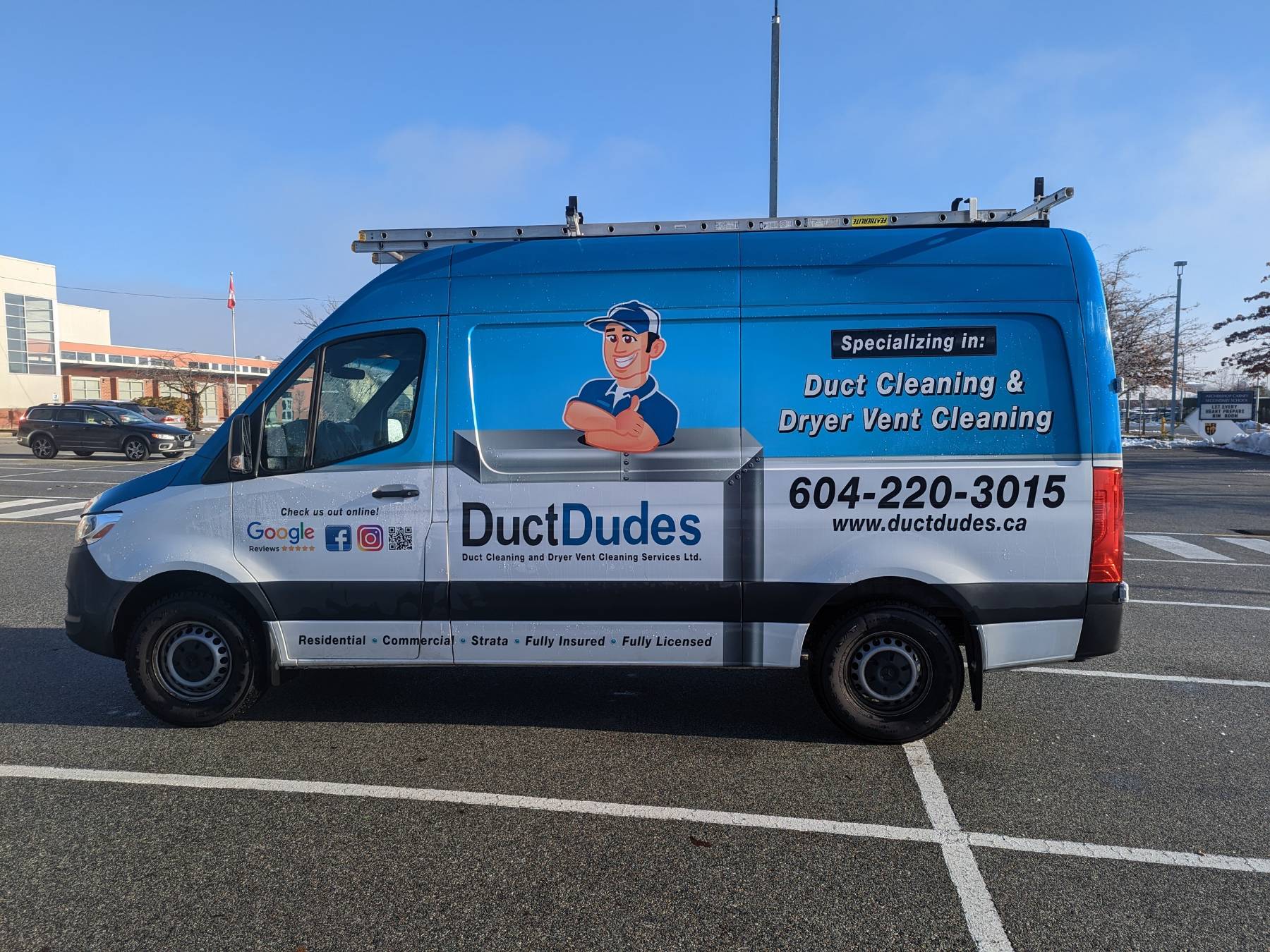
Achieve Optimal Efficiency and Air Quality with Duct Dudes: Your Trusted HVAC Cleaning Experts
Take control of your HVAC system’s efficiency and indoor air quality by partnering with Duct Dudes, the leading experts in HVAC cleaning. Our team of professionals is equipped with the knowledge, experience, and state-of-the-art tools necessary to provide thorough and effective cleaning services. Don’t settle for subpar performance and compromised air quality. Contact us today and let Duct Dudes transform your HVAC system into a powerhouse of efficiency and clean, fresh air.



